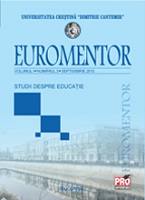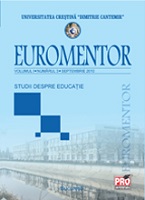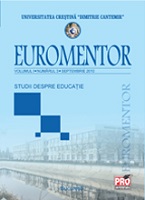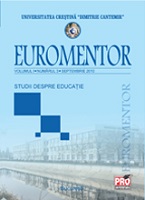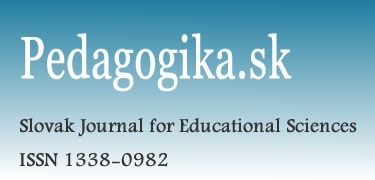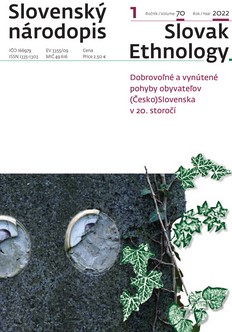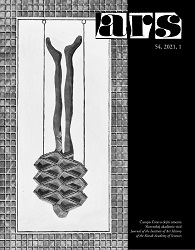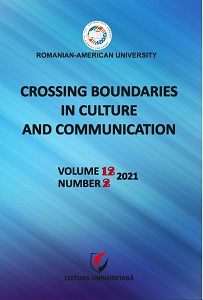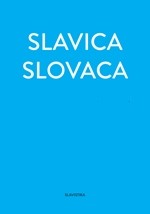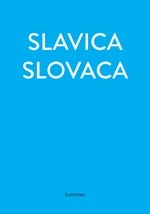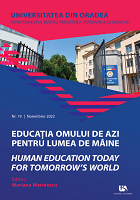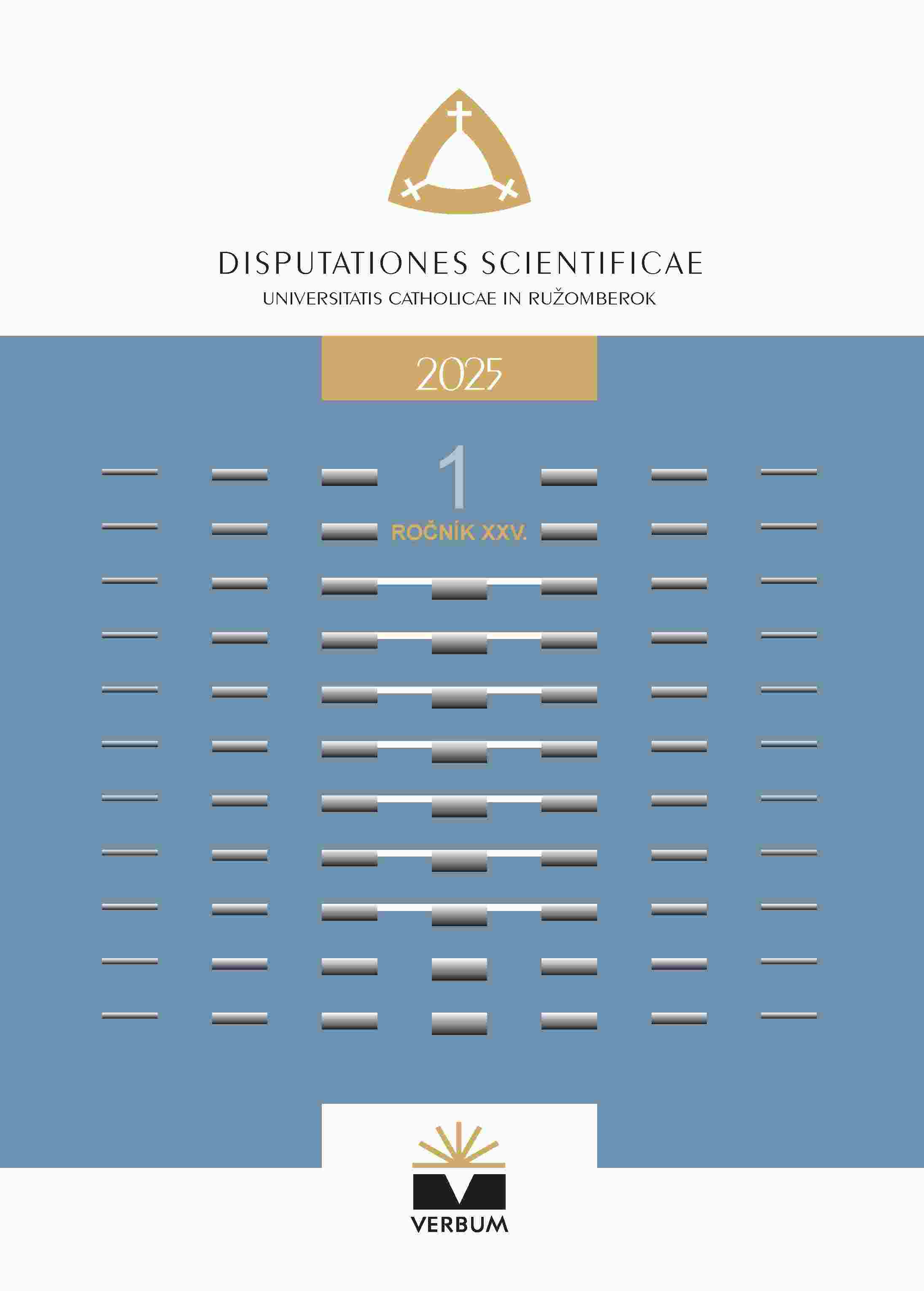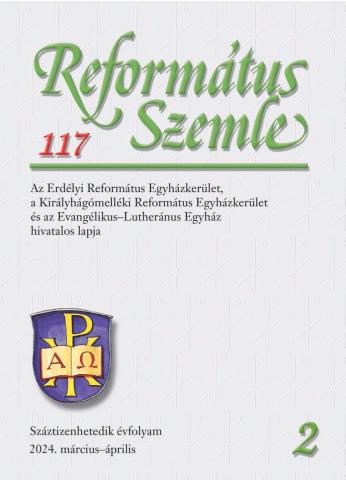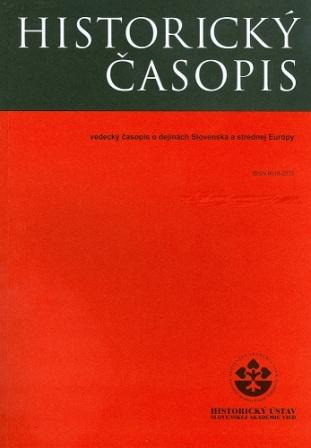
LADISLAV TAJTÁK: „... ABY SOM BOL ÚPRIMNÝ, NERÁD HOVORÍM O SVOJICH ROKOCH A NARODENINÁCH...“1 (27. APRÍL 1921 – 25. DECEMBER 2020)
Professor Ladislav Tajták (27 April 1921 – 25 December 2020) was one of the leading representatives of Slovak historical science in the second half of the 20th century. His research was oriented towards the history of Eastern Slovakia in the 19th century and the first half of the 20th, with special emphasis on the nationality problems of this multi-ethnic region, and on emigration to the USA. The series of studies he published on these themes still serve as basic starting points for new research by his successors. As chairman of the Eastern Slovak branch of the Slovak Society of History at the Slovak Academy of Sciences, Ladislav Tajták organized a whole series of academic conferences and seminars with the aim of stimulating research activities and propagating the historical science in the wider lay environment. In the 1950s and 1960s, he helped to build up the Department of History at the Faculty of Philosophy of P. J. Šafárik in Prešov (now Prešov University. As a university teacher, he encouraged critical thinking, consistent study of archive materials and conscientious work with written text among his students. He also did this as a member of the editorial board of the Historický časopis (Historical Journal) published by the Institute of History of the Slovak Academy of Sciences in Bratislava. He received many honours and awards, but the one he especially valued was the title “Righteous among the Nations” granted by the Yad Vashem Memorial in Jerusalem.
More...
